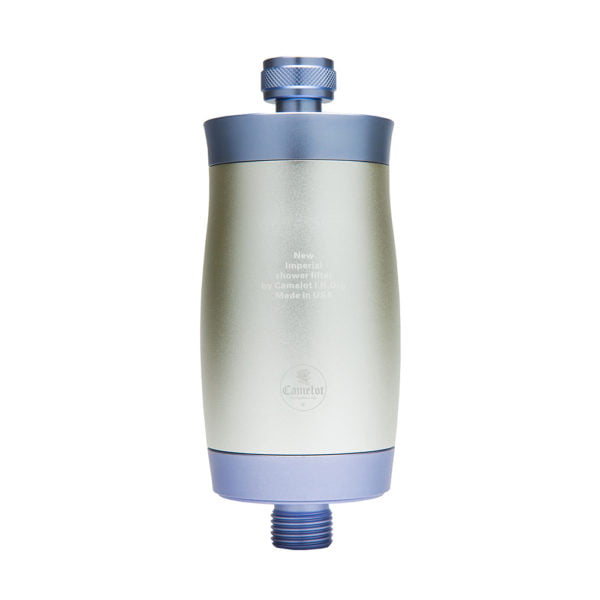What is the role of chlorine in drinking water and why it should be removed

Drinking water is an essential commodity for human health and well-being. Ensuring its quality is an important issue, and in this context, chlorine plays a central role. Chlorine is widely used as a disinfectant to combat pathogens, ensuring that the water that reaches our homes is safe to drink. However, while its use is undoubtedly important, much research has demonstrated how dangerous it is to human health when consumed with drinking water and the need to remove it before consumption.
The Role of Chlorine in Water Disinfection
Chlorine has been used as a disinfectant in drinking water for over a century. Its properties make it particularly effective in neutralising bacteria, viruses and other pathogens that may be present in water. Chlorine acts as an oxidising agent, breaking down the cell membranes of micro-organisms and destroying their internal components. This process disinfects the water and prevents the spread of waterborne diseases such as cholera, typhoid fever and dysentery.
Another important aspect of using chlorine is to maintain disinfection during the transport of water through the pipes. Chlorine provides a continuous protection by preventing microbial growth during the distribution of water from treatment plants to consumer taps.
Negative Effects of Chlorine Presence in Drinking Water
Despite its benefits, the presence of chlorine in drinking water has also negative effects that should not be ignored. The main concerns relate to the chemical reactions that chlorine causes with other substances in water, leading to the formation of disinfection by-products (DBPs). DBPs, such as trihalomethanes (THMs) and halogenated acids (HAAs), have been linked to various health problems, including an increased risk of bladder cancer and reproductive disorders.
In addition, chlorine can affect the smell and taste of water, making it less attractive to drink. This odour and bad taste can lead consumers to seek alternative sources of water, such as bottled water, which contains other contaminants and 33% pathogens.
Why chlorine must be removed
Despite its obvious benefits, chlorine has several disadvantages that make its removal essential for optimal drinking water quality. These disadvantages include:
- Generation of disinfection by-products (DBPs): When chlorine reacts with organic substances in water, it forms disinfection by-products such as trihalomethanes (THMs) and chloro-organic acids (HAAs). These by-products have been linked to various long-term health effects, such as cancer, heart disease and reproductive dysfunctions.
- Taste and smell: Chlorine imparts an unpleasant taste and odour to water, which can prevent people from drinking enough water to be healthy.
- Health effects: While exposure to low levels of chlorine through drinking water is generally considered safe, prolonged exposure causes skin irritation, respiratory problems and other adverse effects. In general, chlorine in the long term causes serious health problems, so it should be removed before consumption as it is additive in nature.
The Camelot water filters
Camelot, a leading company in the field of water quality in Greece, Cyprus and internationally offers solutions for the removal of 100% chlorine and its by-products from drinking water. Camelot's certified water filters use advanced filtration technologies to ensure water purity and safety.
In conclusion, chlorine plays a critical role in ensuring the safety of drinking water, effectively fighting pathogens and maintaining disinfection during water transport. However, the negative effects of its presence in drinking water, particularly in relation to disinfection by-products and health effects, make it necessary to remove it before consumption. Understanding and implementing these methods can make an important contribution to ensuring the health and well-being of consumers.







